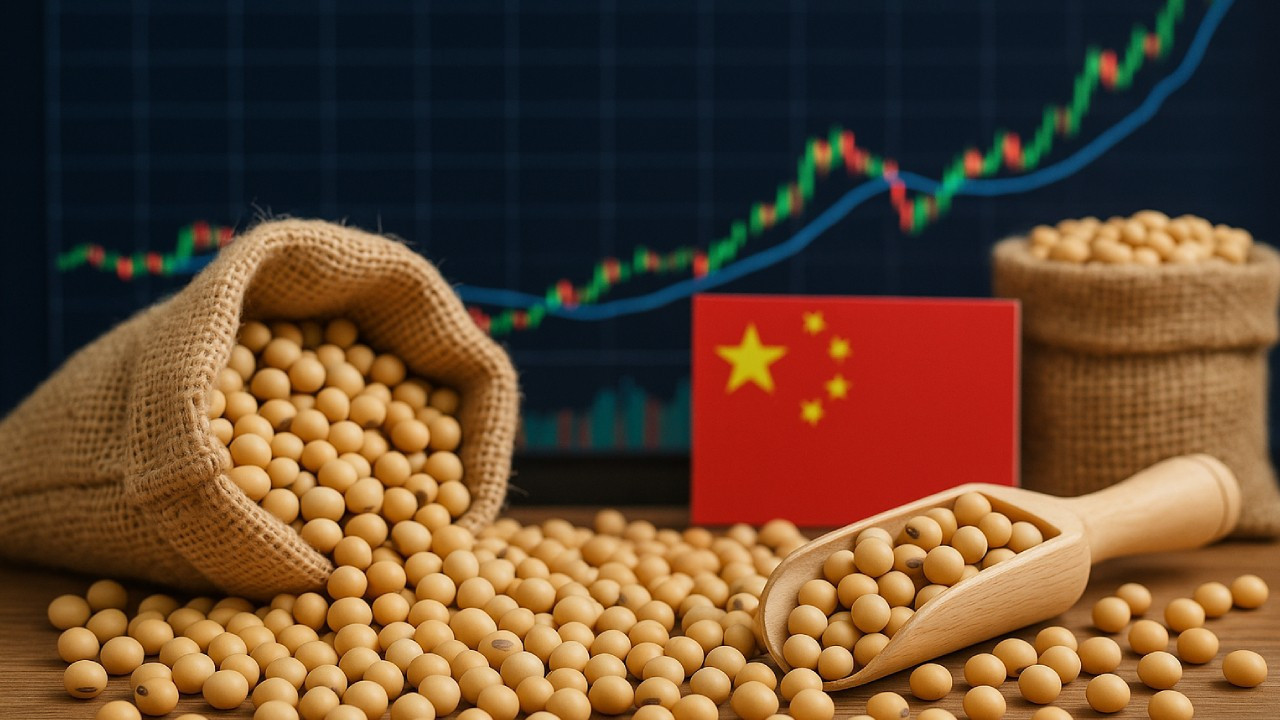
China's Gold Tax Change: It Will Affect Prices


Radical Gold Tax Regulation from China
China has decided to lift the gold tax incentive that has been in place for a long time, preparing for significant changes in domestic and international markets. The new regulation announced by the Ministry of Finance will take effect on November 1, 2023. From this date, retailers will not be able to deduct value-added tax (VAT) on gold purchased from the Shanghai Gold Exchange.
Investment and Jewelry Products Included
The new regulation encompasses not only bullion and investment gold but also jewelry, gold products for industrial use, and coins approved by the People's Bank of China. Thus, non-investment gold products will also fall under the taxation scope, making gold purchases more costly for Chinese consumers.
Economic Triggers
The economic rationale behind this move is directly related to China's stagnant real estate market and slowing economic growth. The government's effort to expand its tax base in order to increase revenues is among the main reasons for this new implementation.
Potential Decline in Gold Prices Expected
With retail investors worldwide recently turning to physical gold, spot prices have reached historic highs. However, experts believe that a correction may occur in the market after this rapid rise. The decline in purchases made through exchange-traded funds (ETFs) since May and the end of seasonal activities in India are negatively impacting demand.
Balance Process in Global Markets
The trade truce between the US and China has weakened gold's traditional safe-haven role, while the spot price remained just below the $4,000 threshold at the beginning of October. The continued collective purchases by global central banks and the US interest rate cuts are still influential in keeping gold prices high. Experts predict that the spot price may reach $5,000 within the next year.
```.png)
Yakında Tüm Platformlarda
Sizlere kesintisiz haber ve analizi en hızlı şekilde ulaştırmak için. Yakında tüm platformlarda...









.png)